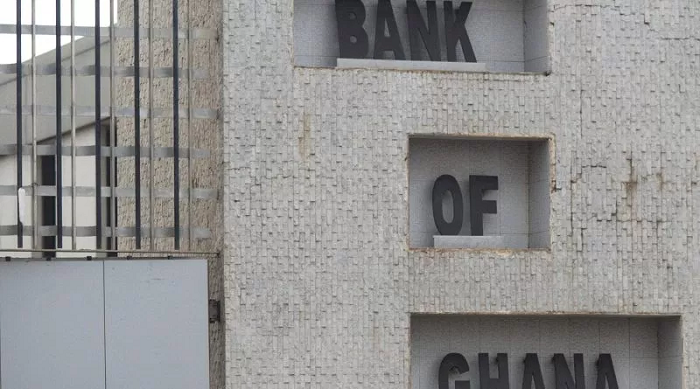
We need confidence in banking sector
The banking sector has generated a lot of heat and anxiety among stakeholders in the financial services industry following interventions by the Bank of Ghana (BoG) to ensure that the banks do the proper thing in the course of their work.
Undoubtedly, a few of the banks have been recalcitrant in their activities and side-stepped some of the rules that apply to good banking, thereby creating some level of discomfort in the industry and prompting the BoG to take certain decisive actions.
Advertisement
Last year, the BoG revoked the licences of the UT and Capital banks, which were described as being deeply insolvent because their liabilities had outstripped their assets and the owners and managers were unable to increase their capital to address the insolvency.
Again, on March 20, this year, the BoG announced that uniBank, which had been facing insolvency and liquidity challenges over the past two years, had been placed under the management of the auditing and accounting firm, KPMG, as the official administrator.
Although the collapse of the two banks could be attributed to several factors, it is worth mentioning that solvency and liquidity played a pivotal role in the fall.
Banking activities, to a very large extent, revolve around liquidity and solvency. Liquidity refers to the ease with which assets can be converted to cash to settle obligations, while solvency is the ability to meet short and long-term obligations as and when they are due.
These rather negative developments in the banking sector created a little uneasiness among stakeholders, especially customers of some of the banks, a development which could potentially erode confidence in the financial services industry.
It was, therefore, heartwarming when the main speakers at the Graphic Business/Stanbic Bank Breakfast Meeting held last Tuesday were unanimous in their verdict that the country’s banks were safe and strong, despite the pockets of challenges confronting the banking industry.
The Second Deputy Governor of the BoG, Mrs Elsie Awadzi; the Senior Country Partner of PwC, Mr Vish Ashiagbor, and the Head of Corporate and Investment Banking at Stanbic Bank, Mr Kwamina Asomaning, who spoke at the meeting, said the banking sector as a whole was still resilient and strong enough to support the financial needs of the country.
The Daily Graphic is of the opinion that every possible step must be taken to ensure that the public does not lose confidence in the banking sector because of the critical intermediation role it plays in the economy.
A key function of the central bank is to ensure that at all times banks operate within the prudential requirements placed on them in order to safeguard the interests of their customers and ensure that the banking industry is stable and resilient.
Since last year, Ghanaians have witnessed a quantum leap in the breadth and authority of the BoG’s financial supervision and regulation, which is commendable.
We believe that the central bank should continue addressing fragilities in the financial sector. Further actions should also be adopted to tackle the overhang in non-performing loans and also make more progress on regulatory reforms. Again, the central bank should continue to strengthen oversight and clean up the micro-finance sector to help free up credit for the private sector.



